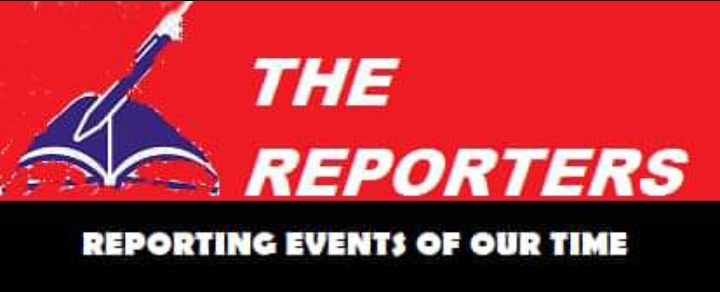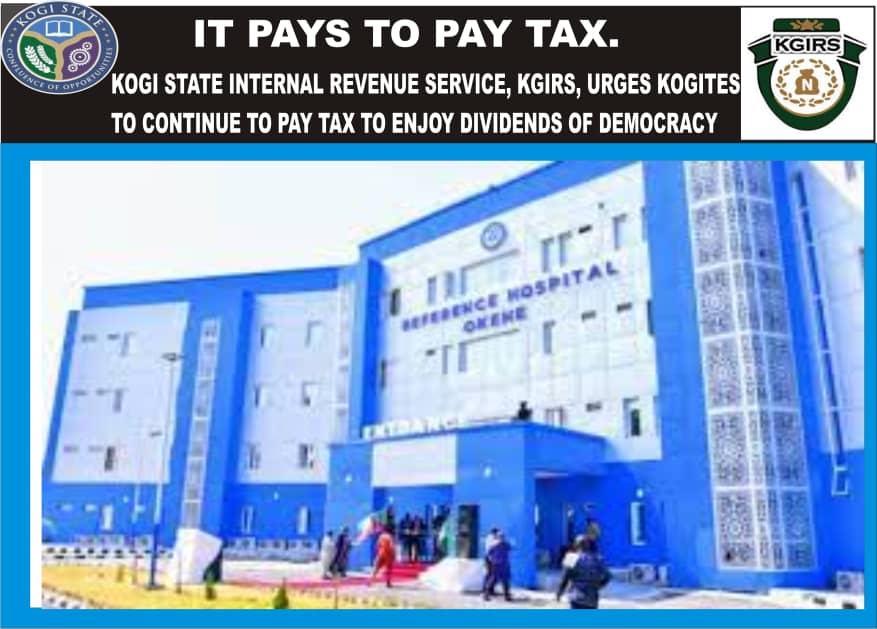“Leadership is not a pleasure but a deep and heavy responsibility,”- George Orwell in Animal Farm
By Akanbi Thani
In and out of office, he cuts the picture of a man driven by deep-seated values, principles and ethics, not common in this part of the world. From the get-go, his journey through life had an element of divinity and has remained so for years.
Nigeria’s immediate past President, Dr Goodluck Jonathan has been in the news in the past seven years for reasons not unconnected with his landmark achievements, generosity of spirit and indescribable humility to boot. Elected President in 2011, Jonathan wasted no time in hitting the ground running, arguing that the infrastructural gap in the land required a big statement of action to usher in a fresh trajectory.
As President, the zoologist-turned political icon wasted no time in courageously tackling the rot in critical sectors of the economy beginning with education. In 2012, he constructed and fully equipped 157 model boarding schools with state-of-the-art facilities to address the learning difficulties experienced by almajiri in Northern Nigeria.
In April of that same year, the then President enrolled 25 almajiri children into the newly built school in Sokoto state. Speaking at the historic occasion, President Jonathan remarked while handing over the schools to then government of Aliyu Wamakko, “The Federal Government has so far constructed 35 of such model schools. States with large population of almajiri will have both boarding and day schools.”
The schools boost of modern educational facilities such as language laboratory, recitation hall, classroom, dormitories, clinics, vocational workshops, dining halls and Malam quarters.
Laudable as that initiative was, research shows that that the project which cost government about N15 billion, has since collapsed following the handing over of the schools to the various State governments which ab initio showed no interest in absorbing the children into western education system.
The effect of this artificially created problem is glaring for all to see as the country now boasts of about 10.5 million out-of-school children according to figures released by the United Nations Children Fund (UNICEF) on January 24, 2022.
“At least, 10.5 million children are out of school in Nigeria-the highest rate in the world. A full one-third of Nigerian children are not in school and one in five out-of-school children in the world is a Nigerian,” a UNICEF report says.
Still on education, Dr Jonathan established nine federal universities, enhanced the capacity of the Tertiary Education Trust Fund (TETFUND) to fulfil its mandate, drove the nation’s agricultural revolution policy towards food sufficiency, with tangible results to show. For instance, with barely two years in the saddle, Nigeria’s food import reduced by over 41 per cent , churning out output of over 45 metric tonnes in 2014.
Not surprisingly, the country ranked the global number one largest producer of cassava by the Food and Agricultural Organization (FAO).
Under the Youth Employment Agricultural Programme (YEAP), a total sum of N120million was distributed to 27 young farmers working on the agricultural value chain, while another N26billion was distributed to young farmers for the FADAMA dry season farming project.
Farmers had access to funds, grants, loans and other forms of empowerment to the tune of N25billion disbursed through the Bank of Industry (BOI) in a bid to boost rice production, thus, contributing over N320billion to the nation’s Gross Domestic Product (GDP).
As the clamour for a new direction intensified, Jonathan set up the Nigerian National Conference where critical recommendations for devolution of power, establishment of state police, amongst others were made.
The hitherto moribund railway sector was revived with the rehabilitation of over 3,000km rail line across the country.
His famed Transformation Agenda resulted in the birth of 35 per cent affirmative action for women in elective/appointive offices in politics.
Given his multi-sectoral focus in changing the governance narrative, Nigerian economy was rebased, becoming the largest in Africa and 23rd in the world with a total GDP of over $570bn.
Since losing power in 2015, Jonathan has been irrevocably committed to the pursuit of peace nationally and globally. Shortly before the election that brought incumbent administration to power, Jonathan in an audience with a delegation of the National Committee on Peaceful Elections led by former Head of State, Gen. Abdulsalami Abubakar (retd) said, “My cardinal principle has always been and still remains that the ambition of any Nigerian is not worth the blood of anybody. I am not a violent person and I don’t tolerate violence in any form. I don’t believe that violence can be used to achieve anything meaningful in life.
“I am giving my total commitment to peaceful elections in the country, not because I am persuaded to do so but because I believe in it.”
Jonathan’s global image has since skyrocketed, with reference made to his democratic disposition across the world.
Not one to join the train of criticism against President Muhammadu Buhari, the former President has continued to call on Nigerians to be supportive of government effort aimed at making the country better for them.
Running an all-inclusive government is the stuff of good leadership. With Nigerians of various tribes and faith who played one role or the other in his administration, calls are intensifying for the involvement of Jonathan in the next election cycle.
Not surprisingly, calls are getting louder for him to be drafted to vie for the Presidency of the country on the platforms of both the ruling All Progressives Congress (APC) and the Peoples Democratic Party (PDP). Such is the level of his impact while in office that one of the leading 2023 Presidential aspirants and Governor of Bauchi State, Senator Bala Abdulkadir Mohammed has pledged to drop his ambition in the event of Jonathan agreeing to run.
For Bala Mohammed, this is regardless of the political platform the ex-President decides to pursue this. The big questions however are: Will Jonathan heed the call to return to power eight years after conceding defeat? Does the robust relationship he shares with President Muhammadu Buhari an indication of the latter’s readiness to have him continue from where he will stop in 2023? Given the love and respect he commands locally and internationally, do any of the aspirants to the nation’s number one job have what it takes to win Jonathan in a free, fair and credible contest? The answers to these questions remain unknown, buried in the womb of time, at least for now.
Akanbi Thani is of The Goodluck Consensus (TGC) in Abuja



